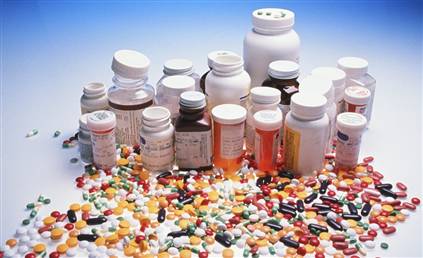Yesterday, my client Bridget Robb testified before the Health Subcommittee of the House Energy and Commerce Committee at a Hearing, Chaired by Congressman Frank Pallone, on the Medical Device Safety Act of 2009. Also in attendance were witnesses:
· David Vladeck, J.D., Professor of Law, Georgetown University Law Center;
· William H. Maisel, M.D., M.P.H., Director, Medical Device Safety Institute,
Department of Medicine, Beth Israel Deaconess Medical Center, Boston;
· Gregory Curfman, M.D., Editor, New England Journal of Medicine;
· Richard Cooper, Partner, Williams & Connolly LLP; and
· Michael Kinsley, Seattle, Washington
Ms. Robb’s testimony detailed the events of her tragic experience of being shocked by a defective medical device 31 times in front of her then five-year-old daughter. Since the event, Ms. Robb’s health has significantly declined and, she and her daughter suffer extreme anxiety related to the events of that day.
Professor Vladeck articulately summarized the current state of the law, its development over the years, and the Congressional intent behind the Medical Device Act – that preemption of state tort law claims was never meant to occur.
Dr. Maisel, who works with the FDA on a number of projects, supports the act and believes that it will assist in the development of safer products. Dr. Maisel testified that the FDA does not have the resources to be the sole gatekeeper of medical device safety. Dr. Curfman of the New England Journal of Medicine expressed the view that without litigation, the dangers of many drugs would never have been brought to light but for litigation and that he supports the act. Mr. Cooper and Mr. Kinsley too positions in favor of the device companies. Mr. Cooper frequently testifies in favor of device manufacturers. Mr. Cooper works for a firm that represents big business and was former counsel for the FDA. Mr. Kinsley, a political journalist who suffers from Parkinson’s and has a device implanted to relieve his symptoms, testified against litigation. Mr. Kinsley has taken an anti-litigation position for years being in the journalism industry. Mr. Kinsley did state that if a company knowingly withholds information from the FDA, they should be held accountable. He offered no opinion on whether the Seventh Amendment (the right to a jury trial) should be protected. His testimony turned into more of a sideshow at the hearing.
The recent decision rendered in Riegel v. Medtronic, gives medical device manufacturers complete immunity when it knowingly places and/or keeps on the market dangerous products. According to the current state of the law, so long as a device complies with FDA standards (even after significant adverse events have been reported) a company cannot be held accountable when their product fails and injures someone. Companies argue that innovation will be stifled; however, only for a short period of time has preemption been applied in medical device cases and for the time it was not applied, innovation was in no way protected.
Currently, consumers of medical devices are not protected when things go wrong and there is no accountability for manufacturers or incentive for manufacturers to make their products safer. Manufacturers keep faulty products on hospital shelves to save costs at the expense of peoples’ lives. Why should drug companies be held accountable and device companies not?
The companies unsuccessfully argue that this is an insurance issue – it’s not. Exorbitant medical bills are only one part of the damages this patients have. In cases like Ms. Robb’s, their lives are forever changed, with increased surgeries, medications and loss of ability to do things in live they were once able to do.
Please reach out to your Congressmen and Congresswomen and express your support for the passing of this law. You might be surprised that many of your representatives support big business over your constitutional right to a trial by jury and patient safety.
.jpg)
No comments:
Post a Comment